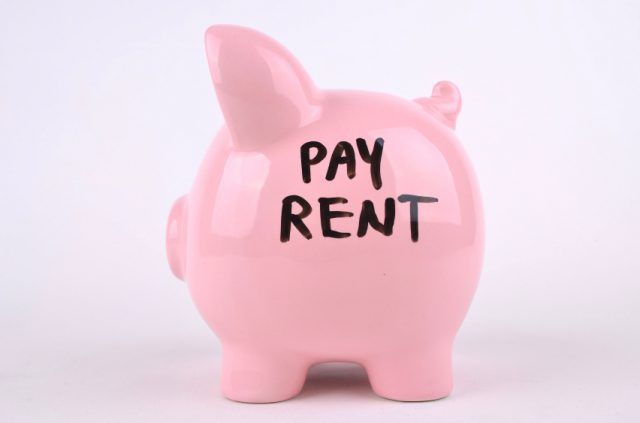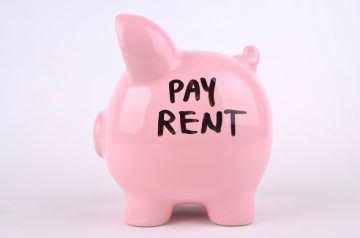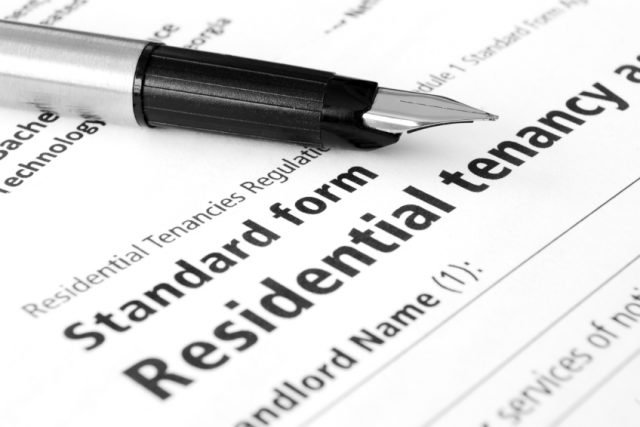Most Rental Properties Going for the Full Asking Price
Most rental properties in the UK are going for the full asking price, according to the latest data from Countrywide.
The property firm found that the average rental property achieves 99.9% of its asking price – the highest since 2007, and evidence that tenants are losing their bargaining power.
In London, the average agreed rent is just over the asking price, at 100.9%. In Wales, the price achieved is lower, at 98.7%, but is still extremely close to the advertised rent.

Most Rental Properties Going for the Full Asking Price
Countrywide discovered that in the last year, 12% of lets were agreed at more than the initial asking price.
This figure is higher in London, where one in five tenants pay more than the advertised rent. On average, they pay an extra £94 per month, which equates to an additional £1,578 over the course of the average 17-month tenancy.
In the UK as a whole, tenants who pay over the asking price hand over an average of £44 a month. In Wales, this figure drops to £24 per month.
Countrywide has found that London has had the largest rate of growth in rent prices of anywhere in the UK since 2007, with rents up by 34% over their pre-recession peak. In the UK as a whole, rents have risen by 12% over the same period.
Despite these increases, the proportion of lets agreed at more than the asking price has risen in each year since 2008, indicating the power that landlords have over those stuck in the private rental sector.
In 2008, just 3.5% of lets were agreed at over the asking price, while 23.5% of tenants were able to negotiate a lower rent price.
This year, the amount of tenants able to negotiate price reductions has tumbled to 8%.
The Research Director at Countrywide, Johnny Morris, comments: “The combined effect of growing numbers of people renting and a lack of supply has seen tenants’ ability to negotiate diminish.
“Tenants are having to compete more often and with more people in order to rent the home they want, meaning they need to offer more to stay ahead of the crowd.”1
A month ago, Countrywide reported that average rents are now the highest on record, at £906 per month.
1 http://www.propertyindustryeye.com/tenants-lose-bargaining-power-and-face-paying-over-he-odds/







